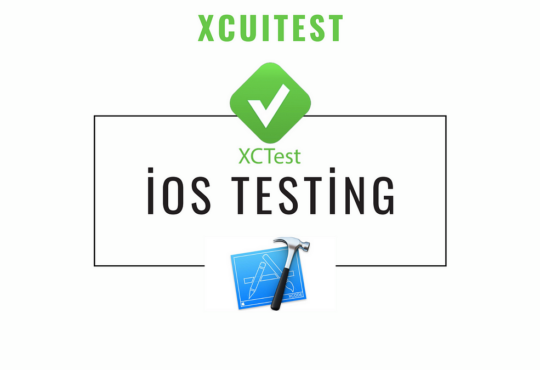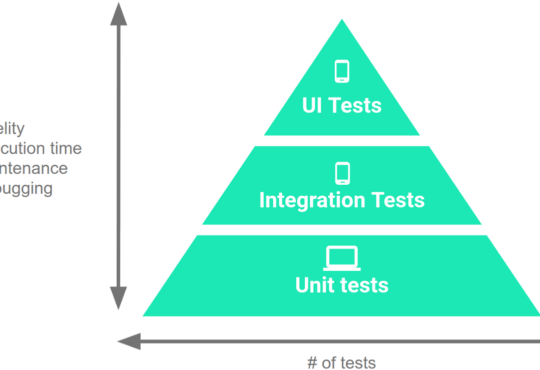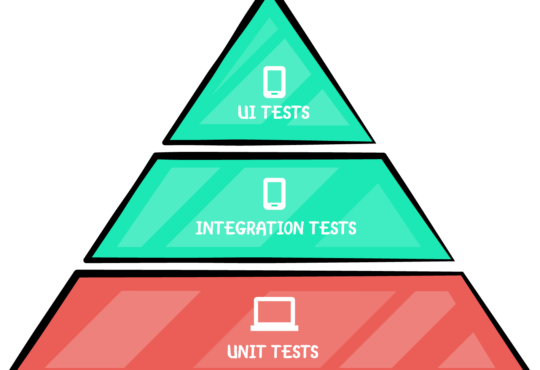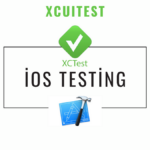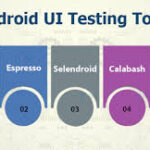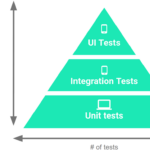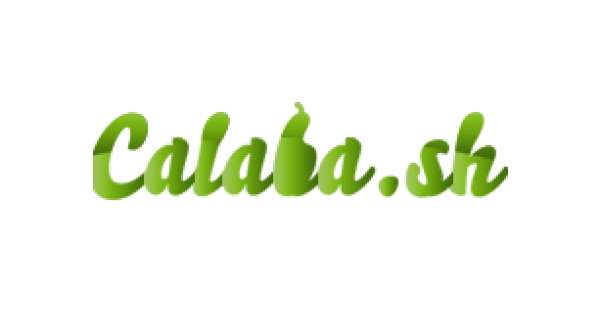
Guide for Mobile Application Testing Tools
Mobile application testing is a crucial step in the development process to ensure the quality and performance of mobile apps across various devices and operating systems. With the rapid growth in the mobile app industry, there is a wide range of mobile application testing tools available in the market. In this blog, we will discuss some of the popular mobile application testing tools, their key differences, comparisons, and benefits.
Appium
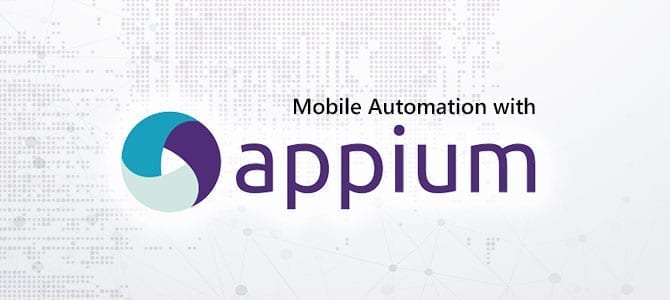
Appium is an open-source tool that allows you to automate mobile applications on Android and iOS platforms. It supports multiple programming languages, including Java, Python, and Ruby. Appium uses the WebDriver protocol to automate interactions with mobile apps, making it compatible with any test framework.
Key Differences: One of the main differences with Appium is that it uses the native automation frameworks of each platform (UIAutomator for Android and XCTest for iOS) to interact with the app. It provides robust support for testing native, hybrid, and web apps.
Website: Appium.io
Selenium
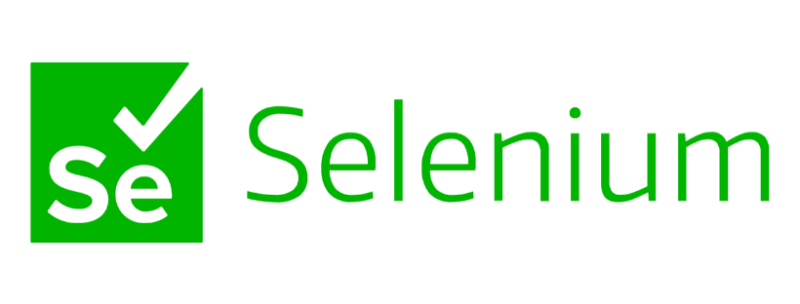
Selenium is a popular web automation tool widely used for website testing. However, it also has a mobile testing capability through integration with Appium. Selenium allows you to write tests using various programming languages, including Java, Python, and C#. It provides cross-browser testing, making it suitable for testing web and mobile applications.
Key Differences: Selenium focuses more on web automation but integrates well with Appium for mobile testing. It offers a wide range of browser compatibility and advanced features for website testing.
Website: Selenium.dev
Xamarin Test Cloud
Xamarin Test Cloud is a cloud-based testing platform for mobile applications. It allows you to test your app on a large variety of real devices, including iOS, Android, and Windows Phone. Xamarin Test Cloud supports the popular programming languages C#, Java, and Ruby. It provides detailed test reports, including screenshots and performance data.
Key Differences: Xamarin Test Cloud offers a massive device inventory, making it ideal for testing on real devices. It provides extensive support for testing native and hybrid apps.
Website: Xamarin Test Cloud
Calabash

Calabash is an open-source mobile testing framework that supports both Android and iOS platforms. It allows you to write automated acceptance tests for mobile applications using Cucumber, a behavior-driven development tool. Calabash supports multiple programming languages, including Ruby, Java, and .NET.
Key Differences: Calabash focuses on behavior-driven development and supports Cucumber syntax, making it easy to understand and collaborate with non-technical team members. It has an active community contributing to its growth.
Website: Calabash
These are just a few examples of mobile application testing tools available in the market. Each tool has its own set of features, benefits, and target audiences. When selecting a testing tool, consider factors like the complexity of your app, testing requirements, programming language preferences, and budget. Remember to evaluate each tool’s documentation, community support, and updates to ensure compatibility and seamless integration with your development process.
Happy testing!
Note: The links provided are for convenience and reference purposes only. It is always recommended to visit the official websites of the respective tools for the most up-to-date information.
